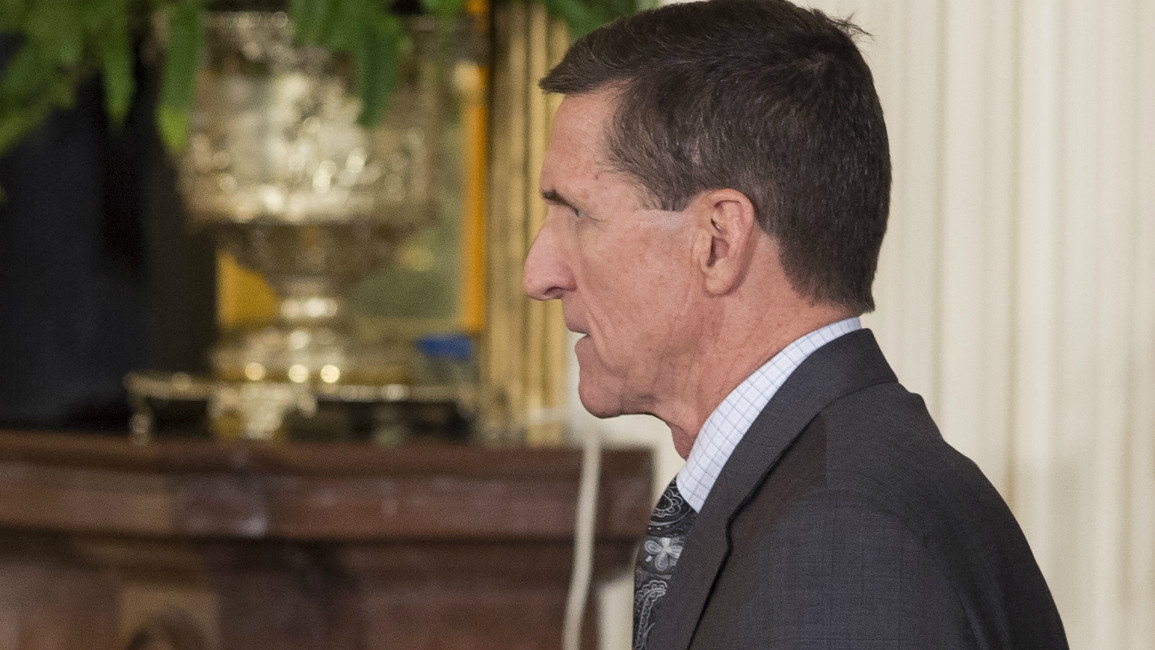Trump’s national security adviser Michael Flynn resigns
President Donald Trump's embattled national security adviser Michael Flynn resigned late Monday night, following reports that he had misled Vice President Mike Pence and other officials about his contacts with Russia.
His departure upends Trump's senior team after less than one month in office.
In a resignation letter, Flynn said he held numerous calls with the Russian ambassador to the US during the transition and gave "incomplete information" about those discussions to Vice President Mike Pence.
The vice president, apparently relying on information from Flynn, initially said the national security adviser had not discussed sanctions with the Russian envoy, though Flynn later conceded the issue may have come up.
Trump named retired Lt. Gen. Keith Kellogg as the acting national security adviser. Kellogg had previously been appointed the National Security Council chief of staff and advised Trump on national security issues during the campaign.
Flynn apologized to Pence last week, following a Washington Post report asserting that the national security adviser has indeed discussed sanctions with the Russian envoy.
White House spokesman Sean Spicer said Trump was consulting with Pence on Monday about his conversations with the national security adviser.
Asked whether the president had been aware that Flynn might discuss sanctions with the Russian envoy, Spicer said, "No, absolutely not."
Trump, who comments on a steady stream of issues on his Twitter feed, has been conspicuously silent about the matter since The Washington Post reported last week that Flynn had discussed sanctions with the Russian envoy.
A US official told The Associated Press that Flynn was in frequent contact with Ambassador Sergey Kislyak on the day the Obama administration slapped sanctions on Russia for election-related hacking, as well as at other times during the transition.
Flynn's discussions with the Russian raised questions about whether Flynn offered assurances about the incoming administration's new approach.
Such conversations would breach diplomatic protocol and possibly violate the Logan Act, a law aimed at keeping citizens from conducting diplomacy.
Several House Democrats called on Oversight Committee Chairman Jason Chaffetz, R-Utah, to launch an investigation into Flynn's ties to Russia.
House Democratic leader Nancy Pelosi called for Flynn to be fired, saying he "cannot be trusted not to put Putin before America."
Republican Senator Susan Collins of Maine said that if Pence were misled, "I can't imagine he would have trust in Gen. Flynn going forward." She said it would also be "troubling" if Flynn had been negotiating with a foreign government before taking office.
It's illegal for private citizens to conduct US diplomacy. Flynn's conversations also raise questions about Trump's friendly posture toward Russia after US intelligence agencies concluded that Moscow hacked Democratic emails during the election.



